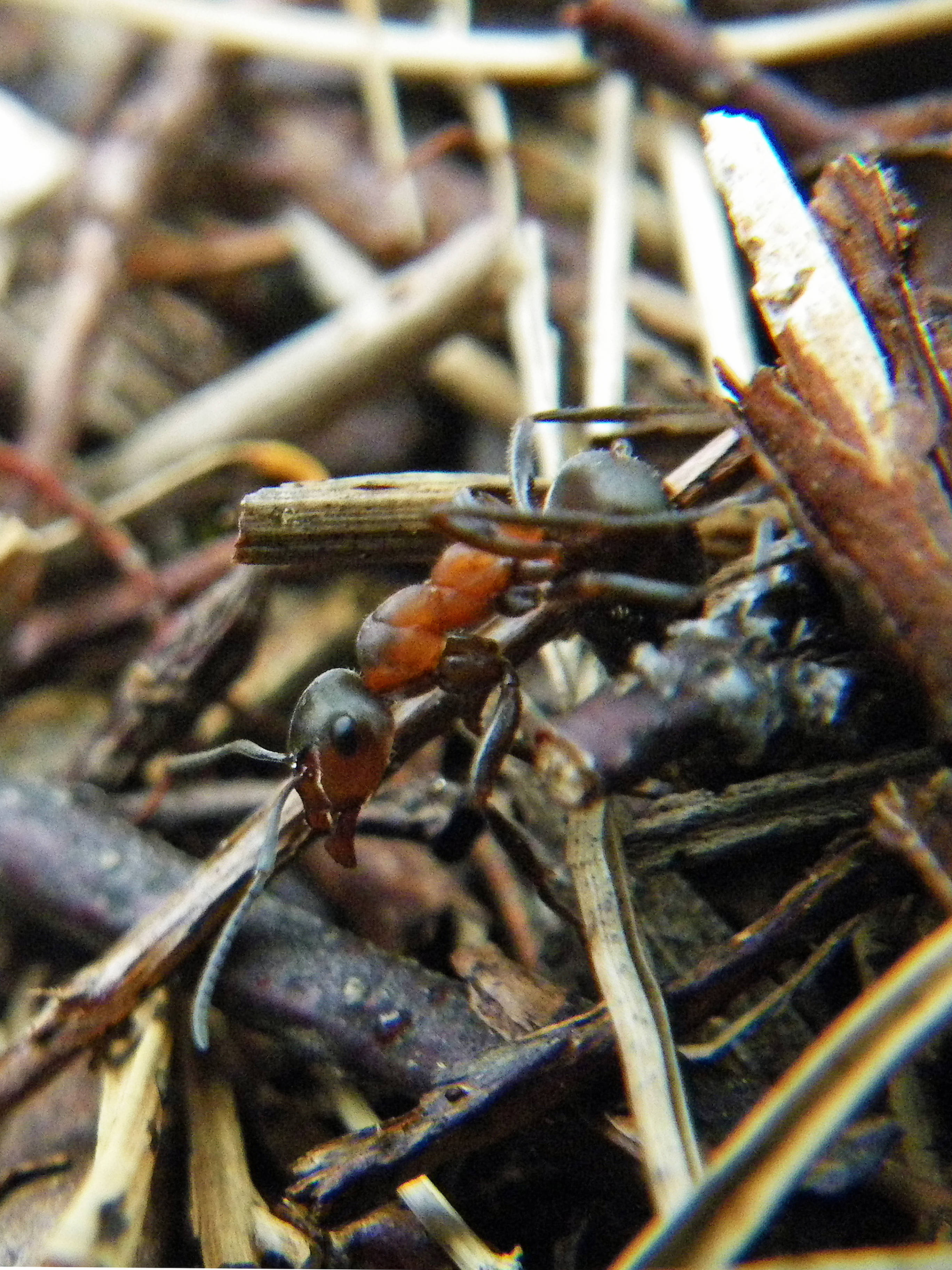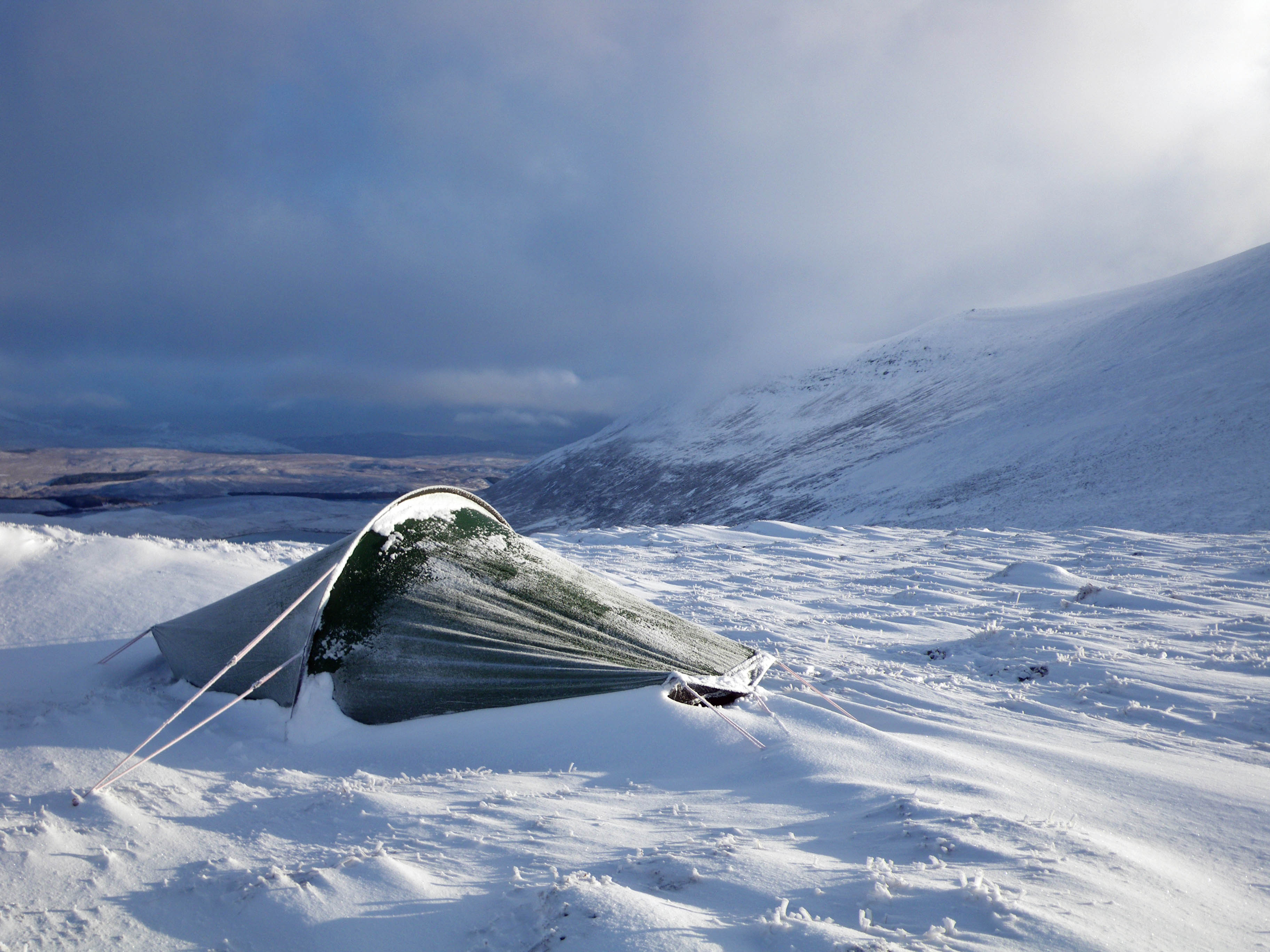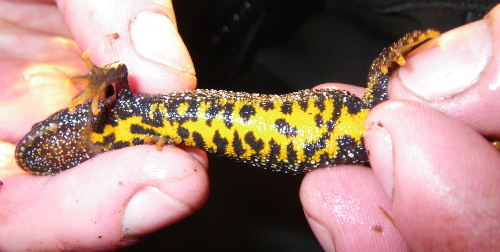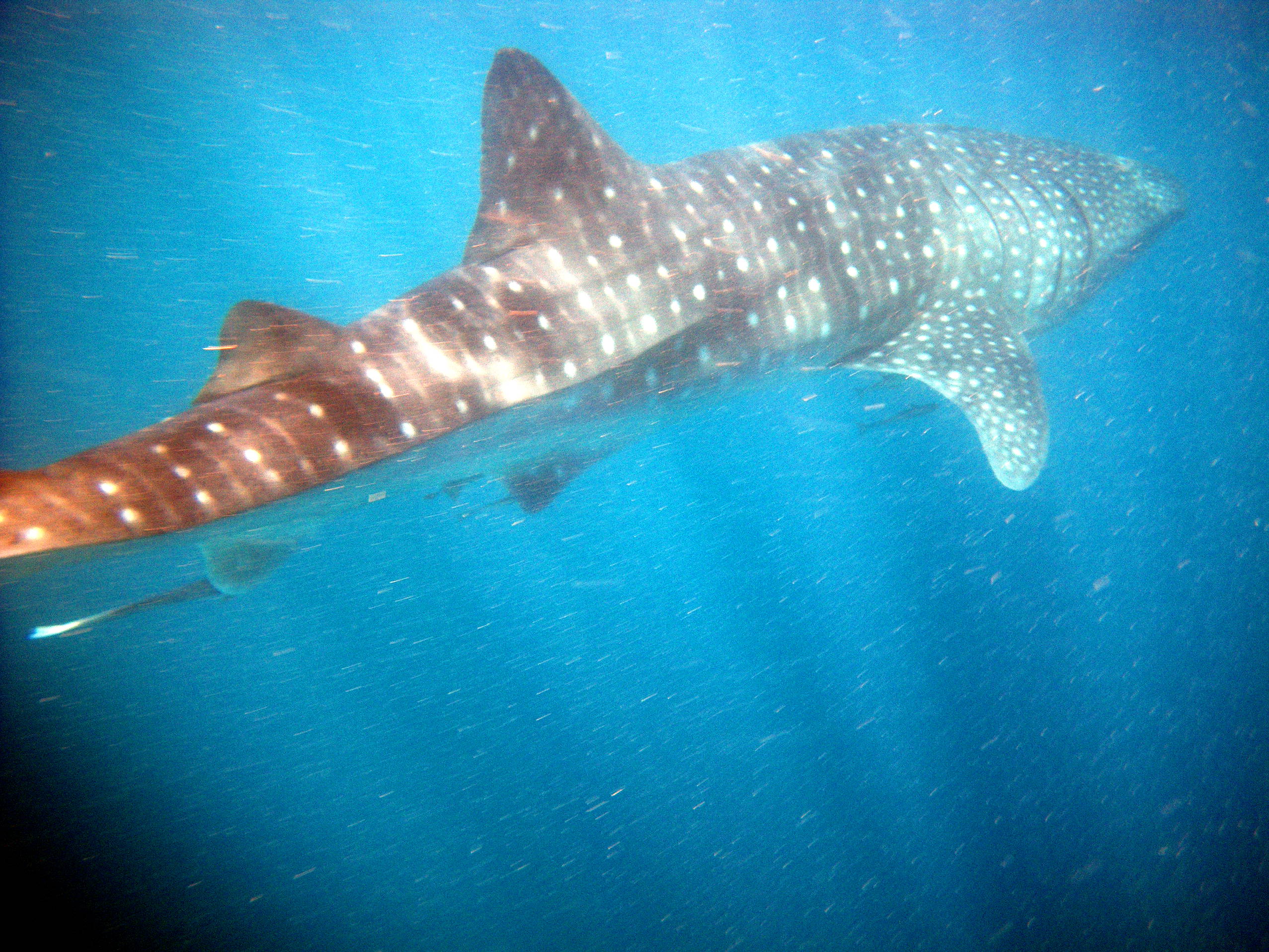20 March 2017 by Chris Cathrine | Comments: 0
Share this article:

Hexicon AB’s Dounreay Trì floating offshore wind farm has been granted consent by Scottish Government. This groundbreaking demonstration project will help change the face of offshore wind energy generation by allowing turbines to be installed in waters too deep for conventional technologies. Not only does this open up new areas for wind development, but may also reduce potential impacts on marine wildlife (e.g. on seabirds) that may be associated with these projects.
Offshore renewable energy plants need to be connected to the grid, which means there are onshore elements to the Dounreay Trì project. Caledonian Conservation Ltd is proud to have completed the full suite of onshore ecology and ornithology work, as well as the terrestrial Ecological Impact Assessment (EcIA) chapters for the Environmental Statement (ES). Ecological features identified and considered in the assessment included various international and national protected sites designated for a range of features including breeding seabirds, raptors, wintering geese and swans, otter, Scottish primrose sand dune habitats. Other ecological features considered included other protected mammals (badger, pine marten, bats), reptiles, barn owl and other bird species. Being objective and clear, we are pleased that our assessment and recommended mitigation was accepted by the determining authorities without objection.
Read the Scottish Government announcement here.
Read more about the recent council approval on the BBC website.
The full Environmental Statement (ES) and Technical Appendices can be read here, or via our publications page.
Read more about RSPB’s support for the Dounreay Trì in The Scotsman.
Read more about Hexicon AB here.
Read more about RES here.
23 February 2017 by Chris Cathrine | Comments: 0
Share this article:

Hexicon AB’s Dounreay Trì floating offshore wind farm has been approved by Highland Council and has gained support from RSPB. This groundbreaking demonstration project would be built in Caithness, and could change the face of offshore wind, but still requires approval from Marine Scotland and Scottish Government before it gains consent. Floating wind turbines will allow wind farms to be built further offshore, in deeper waters, limiting their impact on sensitive marine wildlife such as seabirds.
Caledonian Conservation Ltd is proud to have provided the complete suite of onshore ecology and ornithology services for the Dounreay Trì project on behalf of RES Offshore and Hexicon AB – offshore wind farms still need to connect to the grid on land, and Caithness hosts much sensitive wildlife. Our surveys and Ecological Impact Assessment (EcIA) helped ensure the project avoids significant wildlife impacts onshore through careful design and mitigation.
Read more about the recent council approval on the BBC website.
Read more about RSPB’s support for the Dounreay Trì in The Scotsman.
Read the Dounreay Trì planning application, including the onshore ecology and ornithology Environmental Statement chapters, here.
Read more about Hexicon AB here.
Read more about RES here.
13 December 2016 by Chris Cathrine | Comments: 0
Share this article:

All of Caledonian Conservation’s crack field ecology survey team have completed Outdoor First Aid (+F) courses this month with First Aid Training Co-operative, to refresh these essential skills.
Conditions were towards the damp side underfoot in the grassy tussocks near the Mugdock Country Park Visitor Centre for ‘unresponsive casualty’ simulation (and good-to-firm on the car park tarmac for recovery position rolling), and rather chilly at Edinburgh International Climbing Centre (EICA Ratho) but everyone passed all aspects of the course with flying colours.
We continue to be fully qualified to administer first aid for the next three years and hopefully are more than adequately equipped for the rigours of all year round outdoor survey work which can involve working in remote and exposed areas of Scotland. Health and safety for our team and those around us is our top priority.
The newly issued Team CalCon woolly hats (red edition replacing the previous green ones!) were also found to double up as excellent extremity warmers for anyone unfortunate enough to be put into a ‘clear, draining airway’ position and required to be left on a hill (or in a car park) whilst help is raised.
Our team was trained in two batches, and both Outdoor First Aid (including Emergency First Aid at Work +F) were superb - we would highly recommend the First Aid Training Co-operative based on our experiences!
12 December 2016 by Chris Cathrine | Comments: 0
Share this article:

At Caledonian Conservation we aim to benefit people and wildlife. To achieve this, we feel it is essential to share our experiences with other professional and academic ecologists to help improve best practice (within legal and commercial restrictions). This includes presenting articles in the Chartered Institute of Ecology and Environmental Management (CIEEM) In Practice publication, which is distributed to the organisation’s membership. Director Chris Cathrine has been an author of four articles in this publication, and we are pleased that we are now able to offer these publicly on the Caledonian Conservation Ltd website. These articles include:
Cathrine, C. 2015. Wood Ant Nest Translocations. In Practice 89, 14-18.
Cathrine, C. and Amphlett, A. 2011. Deadwood: Importance and Management. In Practice 73, 11-15.
To explore other publications, research posters and conference papers, go to the Caledonian Conservation publications page.
To learn more about the Chartered Institute of Ecology and Environmental Management, visit their website.
11 November 2016 by Chris Cathrine | Comments: 0
Share this article:

We are very pleased that Creag Riabhach Wind Farm (Sutherland) gained consent on 17th October 2016. Between 2012 and 2014, Caledonian Conservation Ltd provided the full ecology and ornithology services for Creag Riabhach Wind Farm, from feasibility to Ecological Impact Assessment (EcIA).
Creag Riabhach Wind Farm will provide a boost to the local rural economy, improve local biodiversity, and help combat climate change by generating clean energy and through peatland restoration.
If you would like to read more about the ecology and ornithology work, the relevant chapters from the Environmental Statement are available to download from our publications page.
11 November 2016 by Chris Cathrine | Comments: 0
Share this article:

Julie Smith (Senior Ecologist) had an excellent few days spent with Andreas Heinemeyer of the University of York, providing specialist botanical support for a Defra project on assessing management impacts on blanket bog ecosystem services.
For more information on the project, check out: http://peatland-es-uk.york.ac.uk/home
22 April 2016 by | Comments: 0
Share this article:

Director Chris Cathrine had a great time last week teaching two courses on great crested newts for CIEEM.
The first course covered ecology and survey techniques, and included practical hands-on sessions on newt identification and surveying skills. The second course went into more depth about great crested newt assessment and mitigation, and included a wide range of scenario-based group activities.
Feedback from the two courses was great, and we hope to run more in future. Comments included "Excellent comprehensive guidance all round", "very knowledgeable and personable tutor" and "catered for a wide range of people with different backgrounds and experience".
As well as running courses via CIEEM we are able to provide courses to other organisations and individuals, so why not have a look at our training page at http://www.caledonianconservation.co.uk/services/training/ to see what else we offer.
17 March 2016 by | Comments: 4
Share this article:

Director Chris Cathrine has been back at the University of the West of Scotland again this year to do more lectures for third year zoology students.
As part of the 'Animal Diversity' course, Chris has been giving lectures on plankton and Cnidaria (jellyfish, sea anemones, coral etc) as well as running practicals on different aspects of invertebrate identification including spiders and freshwater invertebrates.
Students are often not very interested in the tiny bugs and beasties of the natural world until they meet Chris, and he really enjoys spreading his enthusiasm and knowledge. If all else fails, pointing out that some of the largest animals in the world (like this amazing whale shark) rely upon tiny animals to survive usually gets their attention!